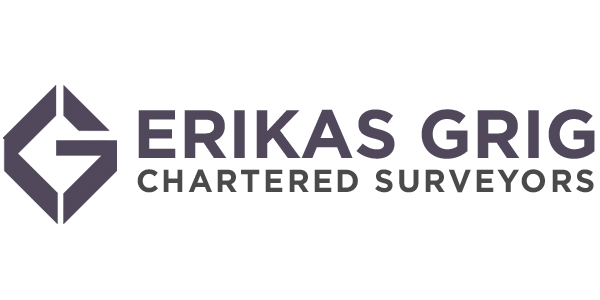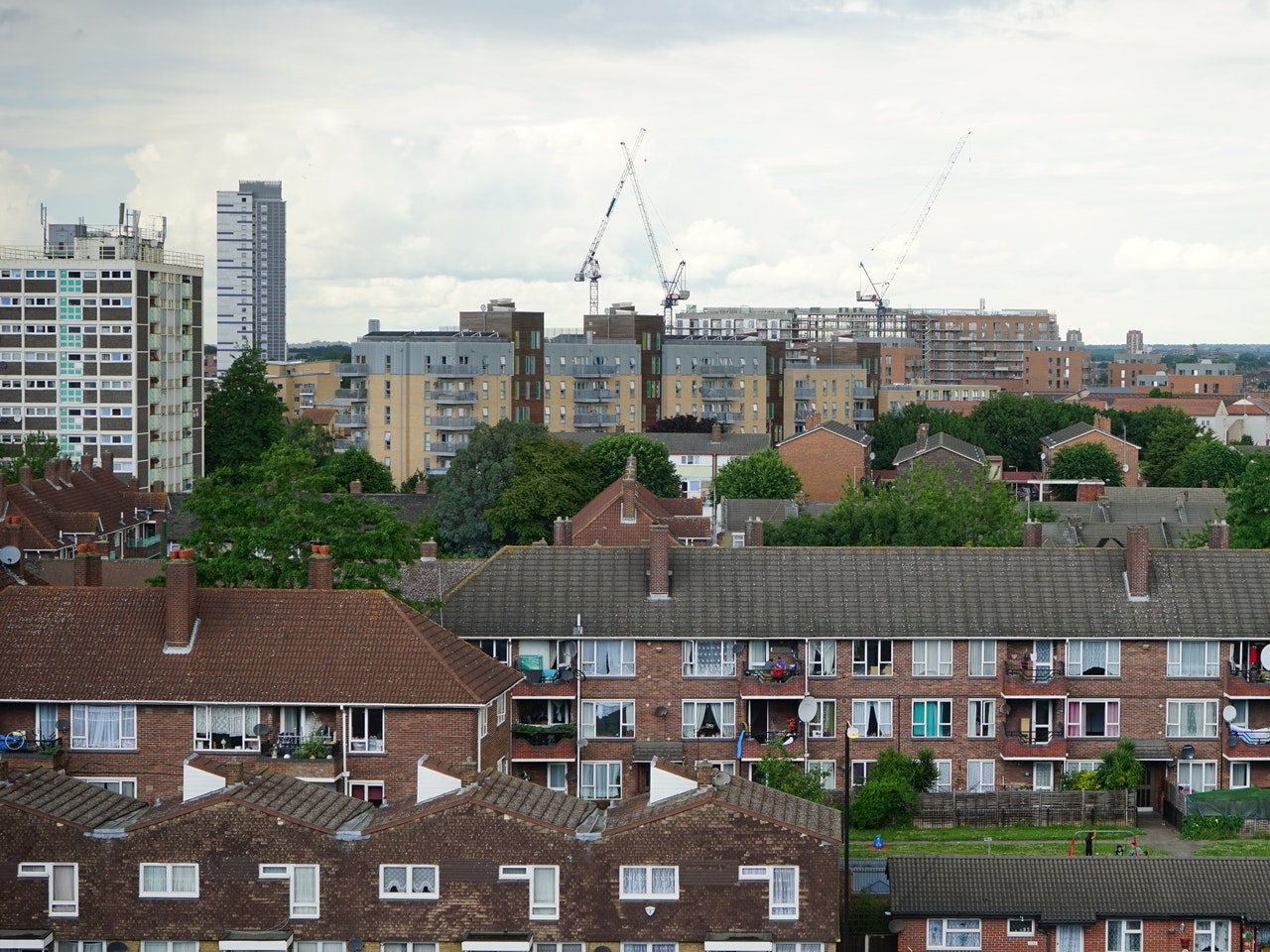Housing associations are non-profit organizations that own and manage rental housing. If any profit is made via the rentals, the housing association puts it back into maintaining the properties. They also participate in community regeneration by helping to support people with lower incomes.
Previously, housing associations have been thought to only be needed by individuals with lower incomes. However, it is becoming more and more evident that the homes that these associations manage also provide the opportunity for young people to purchase their first homes.
What Type Of Accommodation Do Housing Associations Provide?
Social Housing
Affordable rental housing, or social homes, are one of the more common types of homes that housing associations provide. They offer them to people with lower incomes at a rent that has been subsidised.
Social rented homes are typically rented at about 50% of the market rent and affordable rented homes are rented at about 80% of the market rent.
Housing associations also offer shared ownership homes, which is a more affordable way for people to buy their homes. You can buy a percentage of the property and pay a lowered rent on the remaining percentage to the housing association.
This means that you can pay a lower deposit and a smaller mortgage. It helps people who are in a vulnerable position to take their first steps towards owning their own home. If you own shared ownership home you can sell it back on the shared ownership scheme or private market. But first, you will need to obtain a shared ownership valuation.
Supported and Specialist Housing
Housing associations also provide supported and specialist housing. This helps elderly people who need assistance to live independently.
These types of homes might have extra space or amenities for people with mobility issues. In addition, it could include care and support services provided by the housing association, or services such as domestic abuse shelters and homeless shelters.
Market Homes to Buy or Rent
Housing associations also provide quality homes for sale or to rent. The profits from these homes help the housing associations to achieve their social purpose. They use profits to build more social homes or invest in their local communities.
What Else Do Housing Associations Do?
Build New Homes
Housing associations build thousands of homes for various communities around England. Between 2018 and 2019 alone, they began to build over 51,000 new homes. These included homes for social rent, affordable rent, and shared ownership.
They are able to build all of these new homes partly with money provided by the government and with their own profits reinvested into the homes.
Community Service
Housing associations generally run services for the communities that they work in. They provide locals with training, advice, community hubs, youth schemes, and apprenticeships. They work closely with local authorities and residents to help create a thriving environment for the community.
Invest
Housing associations invest in communities to help regenerate poor-quality housing. These non-profit organisations provide affordable homes without making a profit for their shareholders. All of the income that they make through rentals is reinvested to help achieve their purpose.
This purpose is to:
- create affordable homes for those in need
- improve the quality and the safety of existing homes
- run community services
- and provide support for the elderly
Who Runs Housing Associations?
These associations are run by a committee or board composed of volunteers. These volunteers normally include residents so that they have a say in how their homes are run. The committee will work closely with local authorities in order to meet housing needs.
Why Were They Set Up?
Housing associations were first set up in the nineteenth century to help make accommodation more affordable and available to all. They were initially an option for people with lower incomes. But, they have since become more commonplace as housing has become more expensive.
Nowadays, housing associations provide housing for many different types of homes. They have become an option for young people to find homes in desirable areas. They are also an option for people who need help to buy property if they are unable to honour a traditional mortgage.
Who Regulates Them?
In England, housing associations are run by The Homes and Community Agency. This is a public agency that has the responsibility of providing homes and business premises for those in need.
There are similar sorts of agencies in other parts of the United Kingdom that perform the same function. These include the Scottish Housing Regulator, the Northern Ireland Housing Executive, and the Welsh Assembly.
The purpose of these agencies is to provide housing associations with support and advice. They monitor the associations’ performance by reviewing them against a list of criteria. These inspections do not necessarily review the experiences of various residents. Instead, they focus on efficiency and financial performance.
Some Well Known Housing Associations
Peabody Trust
Peabody Trust is one of the largest housing associations in London. They mainly work in areas such as Waterloo, Fulham, and several other desirable locations. The Trust houses over 50,000 people and their goal is to fight poverty by providing affordable housing and undertaking various initiatives.
Clarion Housing Group
With 125,000 properties, Clarion Housing Group is the biggest housing association in the UK. Their goal is to provide affordable housing to those who cannot afford to buy their own homes. Currently, they are housing 350,00 people who have access to their charity foundation that helps to improve the lives of the residents.
L&Q
The L&Q (London and Quadrant) Group houses around 250,000 people in over 105,000 homes. Their primary goal is to provide high-quality homes, neighbourhoods, and housing services that are affordable. They also want to deliver long-term support to communities that are in need.
Conclusion
These non-profit organisations have become increasingly prevalent in providing housing across the United Kingdom. Not only do they provide homes for lower-income people, but they also deliver important initiatives to help regenerate the communities in which they work. There are a lot of myths about shared ownership scheme, however, the scheme has more pros than cons.
As the cost of housing continues to rise, housing associations are able to help people with various incomes and social backgrounds to purchase or rent a home.




